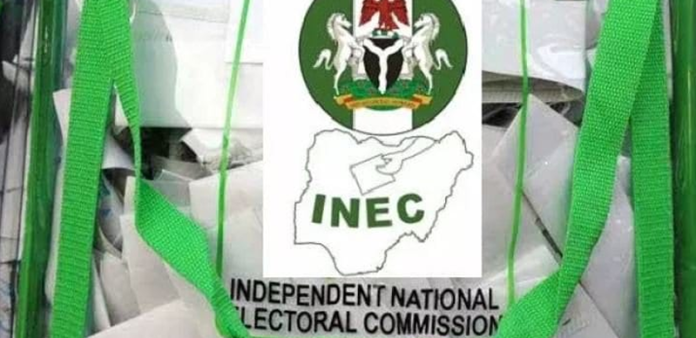Few institutions in Nigeria generate as much attention, criticism, and expectation as the Independent National Electoral Commission (INEC). As the body responsible for conducting elections in Africa’s largest democracy, INEC carries the weighty responsibility of determining how power is transferred and how citizens’ voices are heard at the ballot box. In a country where elections are often marred by controversy, the commission is constantly under scrutiny.
Since its establishment in 1998, INEC has presided over six general elections and countless off-season polls. While progress has been made in strengthening Nigeria’s electoral process, the commission has also faced recurring challenges of logistics, transparency, and credibility. Each election cycle brings both new reforms and fresh accusations, leaving many Nigerians questioning whether true electoral integrity is within reach.
One of INEC’s most significant reforms in recent years has been the adoption of technology. The introduction of the Bimodal Voter Accreditation System (BVAS) and the INEC Result Viewing Portal (IReV) was widely celebrated as a game changer. These tools were designed to reduce electoral fraud, enhance transparency, and restore public confidence in the process. However, the 2023 general elections exposed gaps in implementation, with reports of system glitches, delays in result transmission, and allegations of manipulation.
